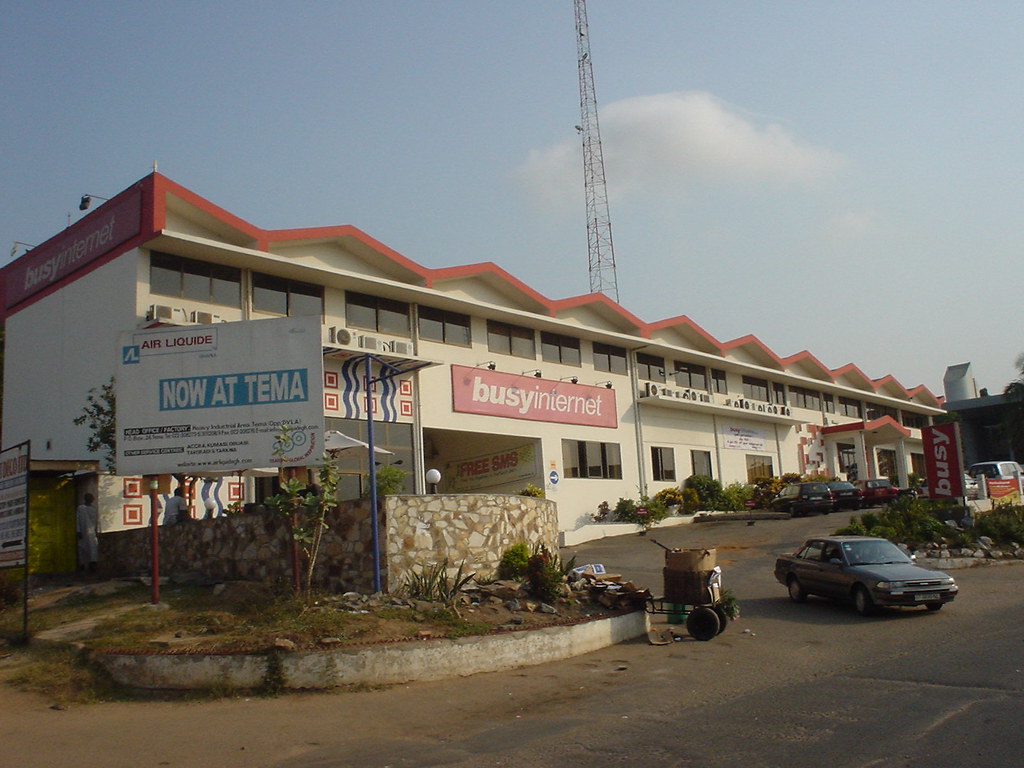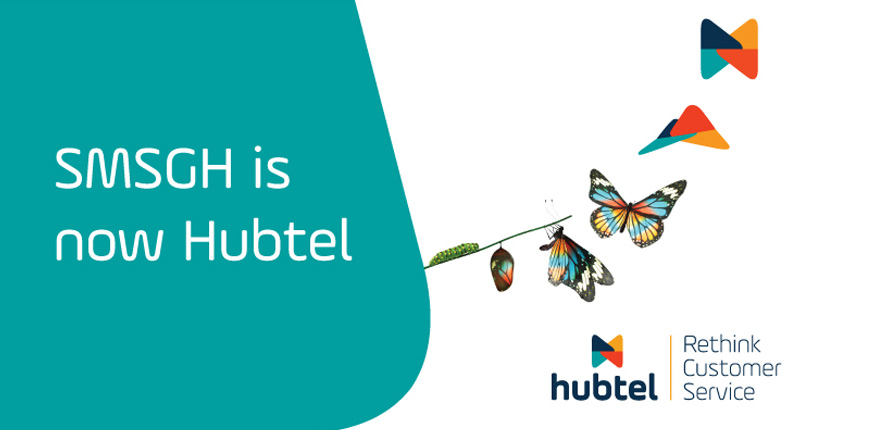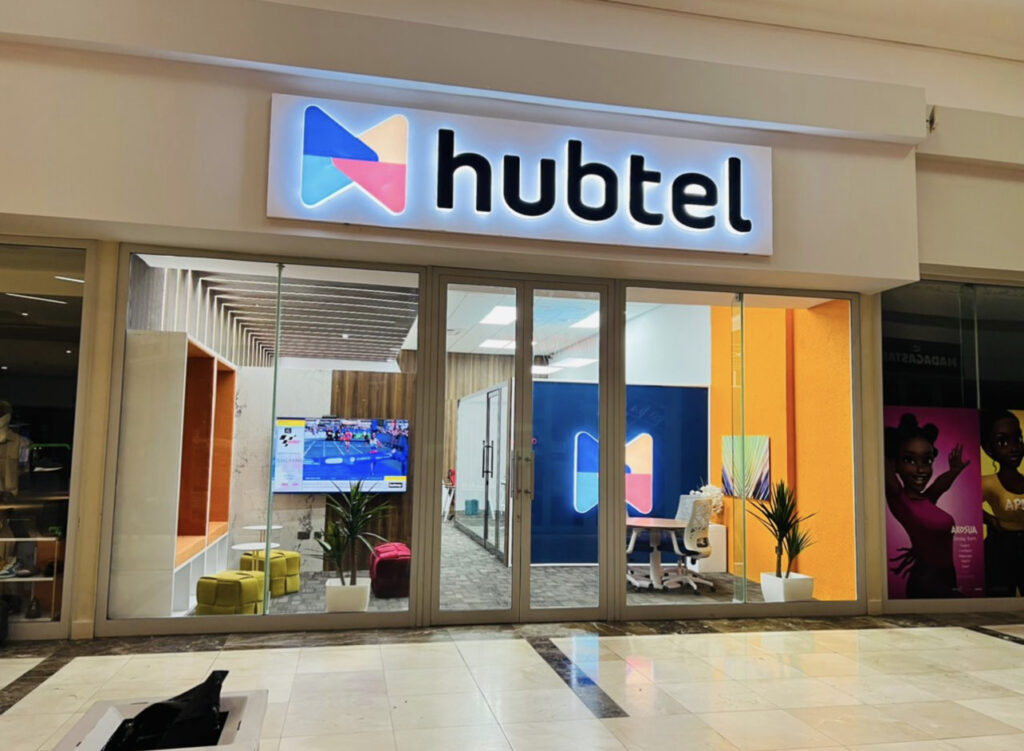On 12th May 2005, when Alex Bram, Ernest Apenteng and Leslie Gyimah set out right after college on the mission of making Short Messaging System (SMS) a business communication tool under the auspices of SMSGH.
Had they known that in 2025 they would be celebrating their 20th anniversary as Hubtel – an e-commerce platform for small businesses – and without Leslie Gyimah (may he continue to RIP).
In this essay, I explore the extraordinary path charted by these three gentlemen, who graduated from the Kwame Nkrumah University of Science and Technology, in building a profitable African tech venture.

Between 2000 and 2005, Africa experienced an incredible adoption and penetration of mobile phones. Prior to the advent of social media, which boosted direct marketing, the Short Messaging System (SMS) functionality of the mobile phone generation of the 1990s and early 2000s was dumb, not smart enough to connect to the internet, with a few exceptions.
Using mobile phones to connect to the internet was at its nascent stages with technologies like “Edge” and “WAP,” so voice communication dominated phone usage.
Text messaging emerged as a way of communication using the written word as opposed to voice. Its adoption grew at a phenomenal rate in Africa in tandem with the adoption of mobile phones because it came at no extra cost then.
Alex, Ernest, and Leslie saw an opportunity to make this a business communication tool like email. In the early 2000s, access to email was limited in Africa, amidst the high cost of personal computers and broadband internet.
Most people had to go to an internet café, such as Ghana’s BusyInternet, to check their email, browse the internet, or work on short-term projects. Connecting to the internet at home or at the office was the preserve of the elite.
BusyInternet, established in Accra in 2001, was Ghana’s biggest tech hub. Not too long after we started BusyInternet, together with four Ghanaian students who were at the Massachusetts Institute of Technology (MIT), we launched the Ghana New Ventures Competition (GNVC), which was modeled after the MIT 50K Competition.

We selected final year students from tertiary institutions across the country with entrepreneurial ambitions to compete in a business plan competition, with prize money earmarked for the launch of the winner’s business. Alex and Ernest competed in the GNVC program and launched SMSGH after graduating from college.
SMSGH was launched as a tool to allow small businesses to communicate and reach audiences with a mobile device.
According to Alex, the company CEO, there was strong demand when they tested the market by reselling a customized tool from an existing provider.
This allowed them to understand the market and the customer usage before building their own tech using the intelligence and insight they gathered from the customers.
“This led to product market fit (PMF) and stickiness with the customers. With our low margin, high volume business model, we were able to capture a significant portion of the market such that by the third year, we were profitable”, he said.
Ernest, who led sales, attributes their early profitability to understanding the customer and building strong unit economics from the beginning. According to him, their obsession with the customer was built into the DNA of the business.
Whenever the customer spoke, they could hear and implement what they needed.
Leslie, who became a silent co-founder in the later years, reckons that their early success as a tech venture was more attributable to their ability to recognize the SMS wave and craft a business model that resonated with their customer base.

In 2009, SMSGH pioneered premium SMS in the form of SMS content messages, resulting in personalized services in banking, entertainment, education, and premium notifications, heralding a new digital culture that prepared Ghana for a new age of service digitization.
By 2015, SMGH had 40% market share of Ghana’s Value Added Services market, which had about 47 providers nationwide. The phenomenal success of SMSGH prompted the company to explore other African markets.
In 2012, I helped the company venture into Cameroon, Nigeria, and Kenya. At the height of this success, the market began to move in a different direction, and sometimes, when you are so successful, it takes a while for you to notice such seismic shifts.
By 2016, the growth had slowed, so they went back to the drawing board and into the market to learn about what the customers were saying.
They began to hear the customers’ need to process payments, so mPOWER was born, and not too long after that, they realised the payment infrastructure was necessary for the customers to deliver online services to their clients – it started looking like an e-commerce business.
With that realization, Alex, Ernest, and their formidable team of engineers buckled down to build an e-commerce engine from scratch, similar to Alibaba.
By 2017, they had the semblance of something that could work. The new business model, called for rebranding as Hubtel, was launched in 2017, featuring a mobile application for ordering groceries, paying bills, and making payments seamlessly.

Hubtel’s innovation persisted such that during COVID, they launched their food delivery services, which was a timely response to market demand, and it was a huge success.
They have grown their revenue from $3M to $62M and are on track to become Ghana’s first unicorn and a multi-national African tech venture.
Today, Hubtel is used by almost eight thousand businesses in Ghana, connecting them to the online community.
“When Ghana needed ways for businesses to connect faster, Hubtel built it. When payments needed to be easier, Hubtel innovated. They have not just participated in Ghana’s digital transformation; they have led it,” said Hon. Sam George, Minister for Communications, Digitalization, and Innovation, in a tribute to the company at its 20th anniversary celebration in Accra in May 2025.
The views and opinions expressed in this article are those of the author and do not necessarily reflect the views of The Labari Journal. This content represents the author’s perspective and analysis.





